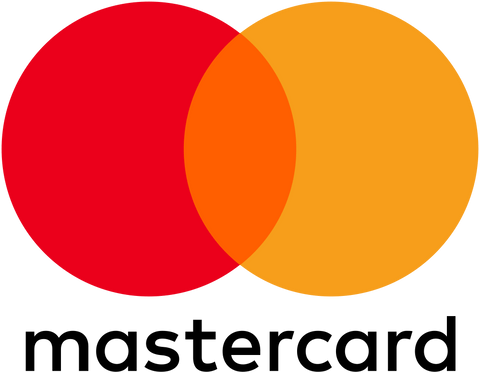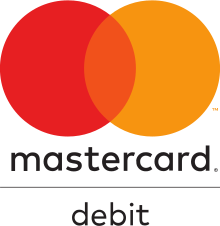Shopping For Legal Cannabis
Ontario Cannabis Fieldnotes: How diversity creates possibilities
According to CEO and founder Steven Conville, Kronic Relief is more than a cannabis company — it’s a movement. One of the only Black-owned Licensed Producers in Canada, Kronic embodies diversity in all its forms, from the people on the grow floor to the strains they cultivate.
Known for a craft cannabis lineup that includes dried flower, pre-rolls, concentrates and topicals, Toronto-based Licensed Producer Kronic Relief is all about standing out. “Kronic stands out because of our diversity,” explains Steven Conville, founder and CEO. “We find ways to get noticed because of that — both in terms of staff and strains. I think this is something that gives our company a unique approach and style.”

ABOUT KRONIC RELIEF
Founded: 2015
Size: 11 full-time and 12 temporary staff
Produces: Craft cannabis dried flower, infused blunts, topicals and pre-rolls
Known for: A commitment to authenticity and breaking stigma
Shop: Kronic
From its hand-rolled blunts to the perpetual harvest system that produces a weekly crop from an extensive seed bank, Kronic Relief is constantly exploring the possibilities of legal cannabis.
Diversity on the grow floor
From the day the company was founded, Conville put the focus on genetic diversity, with the goal of helping Kronic distinguish itself in a crowded marketplace.
“It took me five years to get my licence,” he explains. “During that time, I operated in the legacy market and collected over 2,000 different strains. Once we were official and had our licensed facility up and running, I basically backed up my truck and brought over everything I could in one day.”
Flash forward to today: Kronic has seeds for over 1,500 strains to pull from as consumer tastes shift and evolve, along with nine active strains currently in regular rotation.
The company’s innovative 16,000-square-foot perpetual harvest system also plays a role in addressing shifts in demand. It allows the Kronic team to gather a new cannabis crop every week of the year and the flexibility to curate a varied list of cultivars that can be rolled into their lineup of craft pre-rolls and blunts.
The OCS defines craft cannabis as bud that’s hang-dried, hand-trimmed, hand-packaged and grown in a facility that produces less than 10,000 kg of dried cannabis per year.
Diverse team, unique approach to cannabis
The opportunities offered through diversity are also evident in the company’s mandate to employ people from the Black community and other marginalized communities. According to Dr. Kenroy Wallace, head grower trainee, the company’s strength as a cannabis producer lies in the distinct perspectives team members bring to the daily operations.
“We’ve got people from Asia, Jamaica ... and we all bring different regional techniques to growing various strains of cannabis,” he says. “We’ve got these diverse experiences coming together to create a fusion of growing techniques that helps us maximize the product we provide to our consumers.”
Dr. Wallace also explains that the multiculturalism of Kronic’s staff gives the company opportunities to promote cannabis in communities where the perception has been traditionally negative. “I think one of the sociological challenges cannabis faces in Canada right now is that it hasn’t permeated all cultural groups positively,” he says. “Our team has people from backgrounds in the Caribbean, Vietnam and Laos, so we see it, and we can tackle that stigma. We can communicate with our communities in a unique way that someone from the outside can’t.”
Black in Cannabis
Above all, the team sees Kronic Relief as more of a movement than simply a Licensed Producer. A great example is Black in Cannabis, an annual event Conville and his staff organize. Black in Cannabis introduces people from marginalized communities to the legal cannabis market and showcases the many career and business opportunities it offers.
“Everybody's welcome,” Conville explains. “The primary goal is to provide a safe space for people to engage with the cannabis industry and show all the opportunities that exist within it. We’re really trying to expand people’s views on who can work in this industry — from MBAs and BScs to security professionals and HVAC professionals, you name it. There’s a lot of opportunity out there.”








